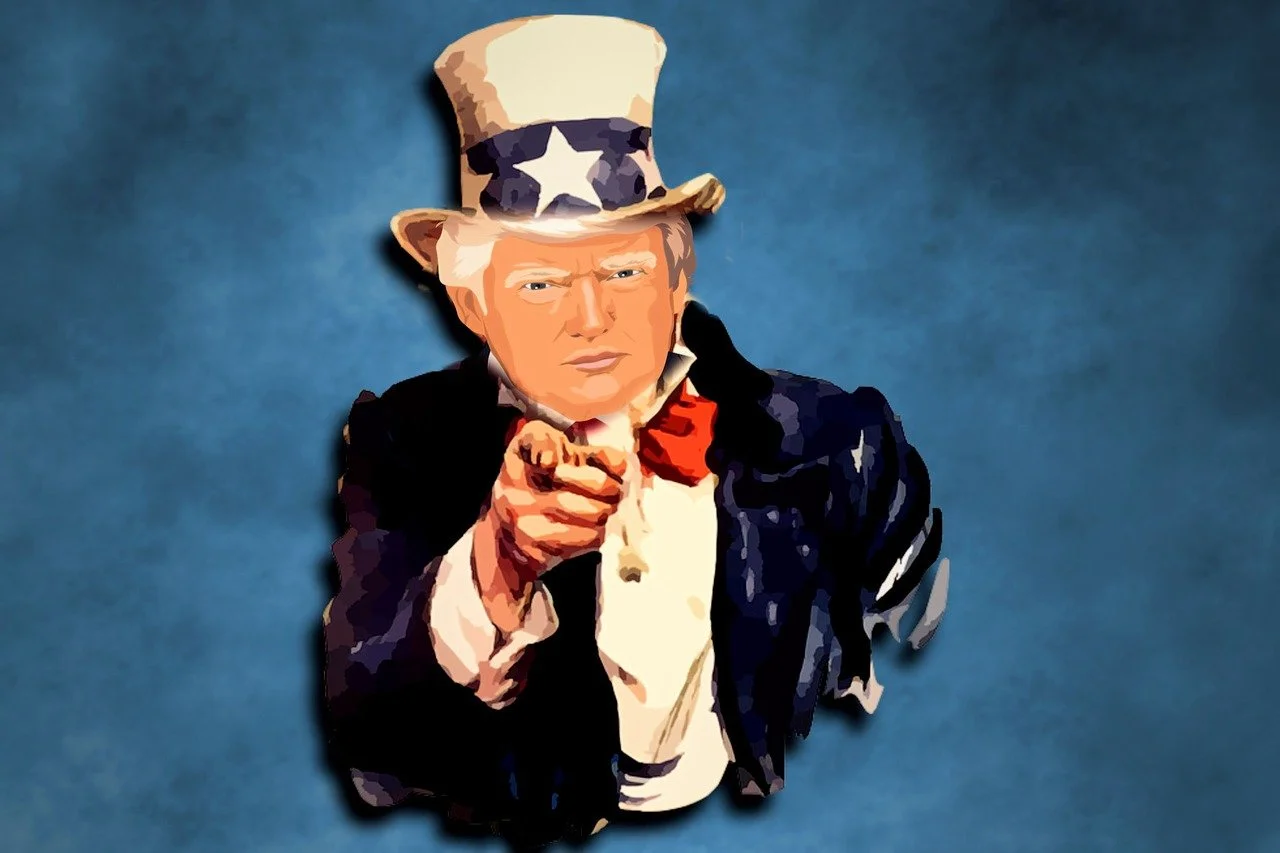Trump Expected to Ban CBDC in Bold Crypto Policy Shift
21.01.2025 14:00 1 min. read Alexander Zdravkov
The crypto industry is pushing for bold moves from President Donald Trump, calling for an executive order to block the development of a U.S. central bank digital currency (CBDC), often referred to as the Digital Dollar.
This demand aligns with Trump’s campaign promise last year to reject the concept. Additionally, there’s growing advocacy for establishing a national Bitcoin reserve to strengthen the economy.
Fox Business journalist Eleanor Terret reports that Trump may soon unveil two major cryptocurrency-related executive orders. One is rumored to create a dedicated crypto council to advise on the sector, while the other could prohibit the creation of a CBDC. While specific details are scarce, the crypto community is closely watching for announcements following a council meeting scheduled for Thursday.
Trump’s opposition to a U.S. CBDC reflects his broader support for Bitcoin. He has previously suggested that using Bitcoin as a reserve asset could help tackle the nation’s massive $36 trillion debt, a stance that has garnered backing from notable industry figures.
While immediate action on crypto was anticipated, the administration has yet to deliver on these promises. The industry remains hopeful that Trump will prioritize policies supporting Bitcoin over a federally controlled digital currency.
Advocates like Senator Cynthia Lummis and influential leaders in the space see Bitcoin as a more strategic and decentralized financial tool, distancing it from government-controlled alternatives. As decisions loom, the sector is bracing for potential game-changing developments.
-
1
U.S. Lawmakers Target El Salvador With Crypto Sanctions Plan
10.07.2025 15:00 2 min. read -
2
Crypto Week Begins: U.S. Congress Advances Key Bills as Trump Pushes for Regulatory Clarity
15.07.2025 7:00 2 min. read -
3
Crypto Tax Policy in Spotlight as House Plans July 16 Hearing
10.07.2025 9:00 2 min. read -
4
Thailand Launches National Crypto Sandbox
17.07.2025 9:03 2 min. read -
5
House Clears Path for Landmark Crypto Bills: Vote Set for Thursday
17.07.2025 9:15 2 min. read
South Korea Urges Asset Managers to Limit Exposure to Crypto Stock Like Coinbase,MicroStrategy
South Korea’s top financial watchdog has issued informal guidance urging local asset managers to scale back their investments in crypto-related stocks, according to a Korean Herald report.
SEC Reverses Bitwise ETF Approval Just Hours After Greenlight
In a surprising move on Tuesday, the U.S. Securities and Exchange Commission (SEC) initially approved Bitwise’s proposal to convert its cryptocurrency index fund into a full-fledged exchange-traded fund (ETF)—only to halt the decision just hours later.
Senate Republicans Unveil Crypto Market Bill to Expand CLARITY Act
Senators Tim Scott, Cynthia Lummis, Bill Hagerty, and Bernie Moreno (R-OH) have released a discussion draft of a new digital asset market structure bill—framed as the Senate counterpart to the CLARITY Act.
Banking Trade Groups Urge OCC to Halt Digital Trust Bank Approvals
Five major banking associations are urging the Office of the Comptroller of the Currency (OCC) to delay approval of new national trust bank charters for digital asset firms, including Ripple, Fidelity Digital Assets, National Digital TR CO, and First National Digital Currency Bank.
-
1
U.S. Lawmakers Target El Salvador With Crypto Sanctions Plan
10.07.2025 15:00 2 min. read -
2
Crypto Week Begins: U.S. Congress Advances Key Bills as Trump Pushes for Regulatory Clarity
15.07.2025 7:00 2 min. read -
3
Crypto Tax Policy in Spotlight as House Plans July 16 Hearing
10.07.2025 9:00 2 min. read -
4
Thailand Launches National Crypto Sandbox
17.07.2025 9:03 2 min. read -
5
House Clears Path for Landmark Crypto Bills: Vote Set for Thursday
17.07.2025 9:15 2 min. read


